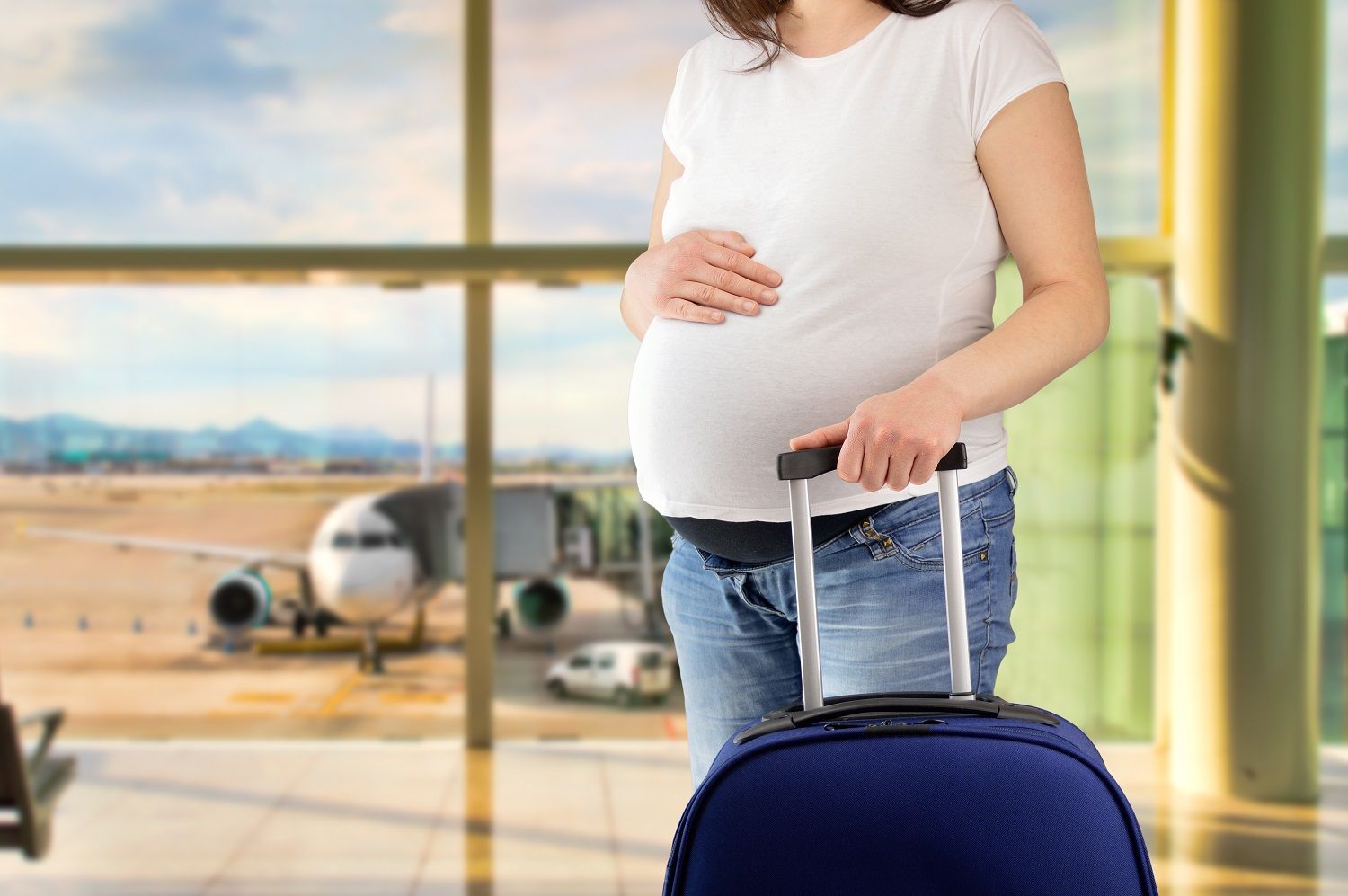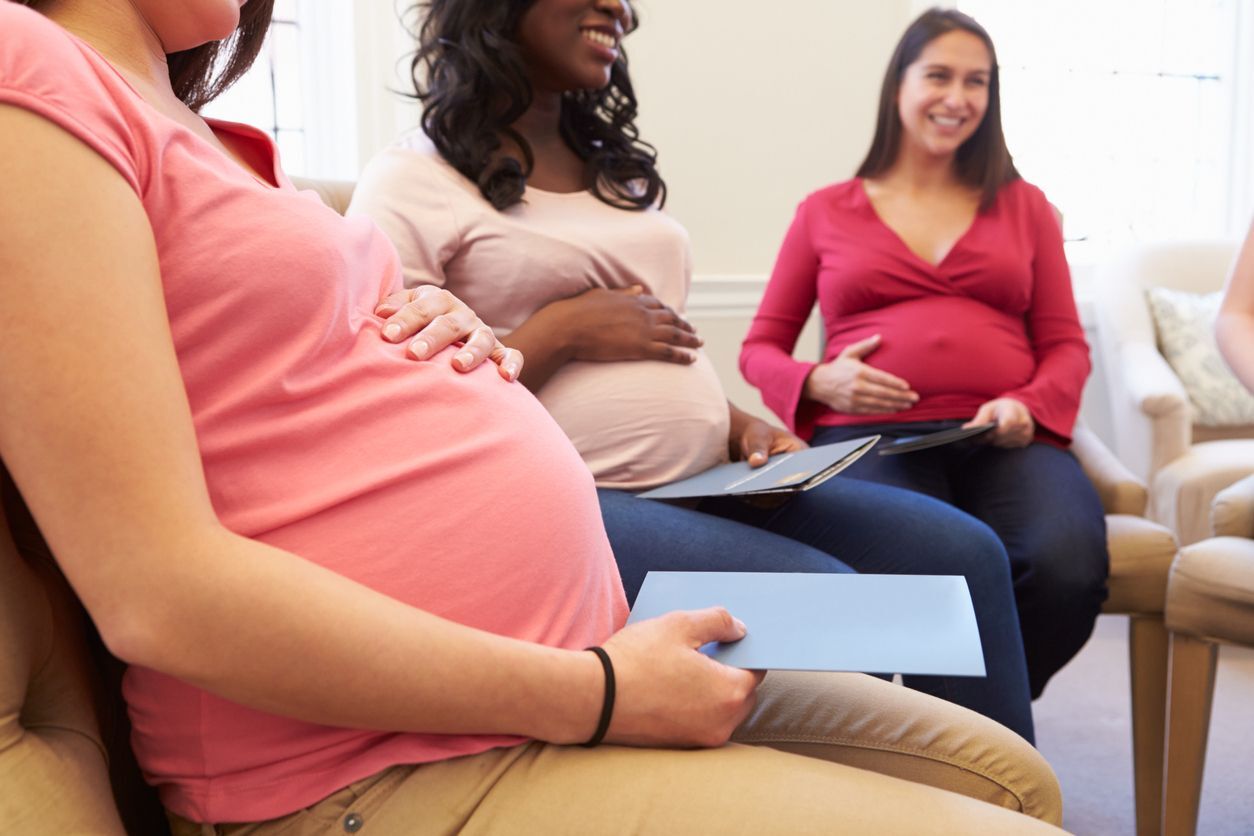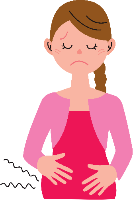You're pregnant! Congratulations!
While pregnancy is an exciting time, it is also a time when you may have many questions and concerns. On this page, we have put together information and resources to help you take care of yourself (and baby!). We are glad to be able to share the medically reviewed information with you but remember: nothing takes the place of regular visits with your health care provider for prenatal care.
If you are still looking for a physician, please consider Good Neighbor Community Health Center and Good Neighbor Fremont. We have contracted with highly qualified OB providers who look forward to working with you to help make your pregnancy a happy and healthy one.
To make an appointment or for more information, please call (402) 562-7500 (Columbus) or (402) 721-0951 (Fremont).
Travel

Pregnant women can generally travel safely with a little preparation. But they should avoid some destinations, including those with Zika and malaria risk. Traveling while pregnant takes a little more planning, so here are some helpful tips:
- Talk to your obstetrician or provider about your trip for advice on whether it’s safe for you to travel.
- Consider how you are going to get care overseas if you need it.
- Check how late in your pregnancy the airline will let you fly. Most will let you fly until 36 weeks, but some have an earlier cutoff.
- Your feet may become swollen on a long flight, so wear comfortable shoes and loose clothing and try to walk around every hour or so.
- Pregnancy makes blood clots during travel much more likely. To reduce your risk of a blood clot, your doctor may recommend compression stockings or leg exercises you can do in your seat.
- Car crashes are a leading cause of injury for healthy US travelers abroad. Always wear a seatbelt on a car or bus. A lap belt with shoulder strap is best, and the straps should be placed carefully above and below your stomach.
Travelers’ diarrhea is caused by eating or drinking contaminated food or water. The dehydration caused by diarrhea can be more of a problem for pregnant women than for others. In addition, other bacteria and viruses spread by food or water can lead to more severe illnesses that can cause problems for a pregnant woman and her baby. Therefore, if you are traveling in a developing country, you should carefully follow food and water safety measures:
- Eat only food that is cooked and served piping hot.
- Do not eat cold food or food that has been sitting at room temperature (such as a buffet).
- Do not eat raw or undercooked meat or fish.
- Eat fresh fruits and vegetables only if you can peel them or wash them in clean water.
- Do not eat unpasteurized dairy products.
- Drink only water, sodas, or sports drinks that are canned or bottled and sealed (carbonated is safer because the bubbles indicate that it was sealed at the factory).
- Do not drink anything with ice in it—ice may be made with contaminated water.
Zika and Malaria
The Zika virus is spread through mosquito bites and sex. Because Zika infection in a pregnant woman can cause severe birth defects, pregnant women should not travel to any area with risk of Zika. If you must travel to an area with Zika risk, take strict precautions to prevent mosquito bites and avoid sexual transmission. If you have a sex partner who lives in or has traveled to an area with Zika, you should use condoms for the rest of your pregnancy.
Pregnant women also should avoid travel to areas with Malaria. Malaria in pregnant women can be more severe than in women who are not pregnant. Malaria can increase the risk for serious pregnancy problems, including premature birth, miscarriage, and stillbirth. If you must go to an area with malaria while you are pregnant, talk to your doctor about taking a drug to prevent malaria. Malaria is spread by mosquitoes, so you should also wear effective insect repellent and take other precautions to avoid mosquito bites.


